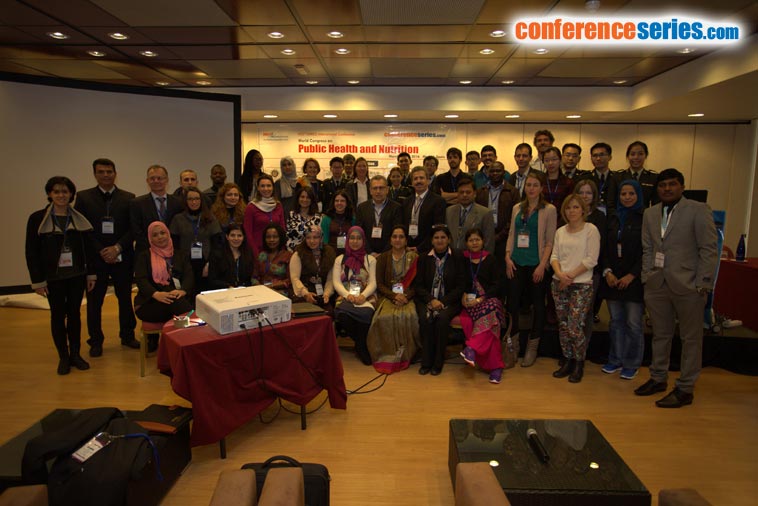Felix A. Ogbo
Western Sydney University, Australia
Title: Have policy responses in Nigeria resulted in improvements in infant and young child feeding practices in Nigeria?
Biography
Biography: Felix A. Ogbo
Abstract
In Nigeria – African largest economy and population, including 40 million children – a range of programs and policies were initiated in the 1990s to improve infant and young child feeding (IYCF) practices. However, the prevalence of children fed in accordance with IYCF recommendations in Nigeria remains low. This paper presents time-trends in breastfeeding and complementary feeding practices in Nigeria for the period (1999-2013), and considers trends in the context of key national policy responses and initiatives. Prevalence (and 95% confidence intervals) of IYCF indicators were investigated over the period 1999-2013 based on a total of 88,152 maternal responses from the Nigeria demographic and health surveys, (N= 8,199 in 1999; N=7,620 in 2003; N= 33,385 in 2008 and N=38,948 in 2013). Among the core IYCF indicators, a decreasing prevalence of early initiation of breastfeeding was evident in the study period (from 38% in 1999 to 34% in 2013), while EBF remained relatively low (16% on the average). An increasing trend in minimum meal frequency was observed (41% in 2003 to 52% in 2013). Of the optional indicators, an increasing trend in predominant breastfeeding (a risk factor for diarrhoeal diseases) was evident (from 39% in 1999 to 52% in 2013), and the proportion of infants fed with a bottle remained relatively unchanged over time. Despite considerable improvements in national legislation, health system responses and community level development, IYCF practices in Nigeria are still below expected levels. Strengthening community and facility-based participation, and broader stand-alone/integrated IYCF policies are needed to improve the current feeding practices of Nigerian mothers.
Speaker Presentations
Speaker PPTs Click Here

